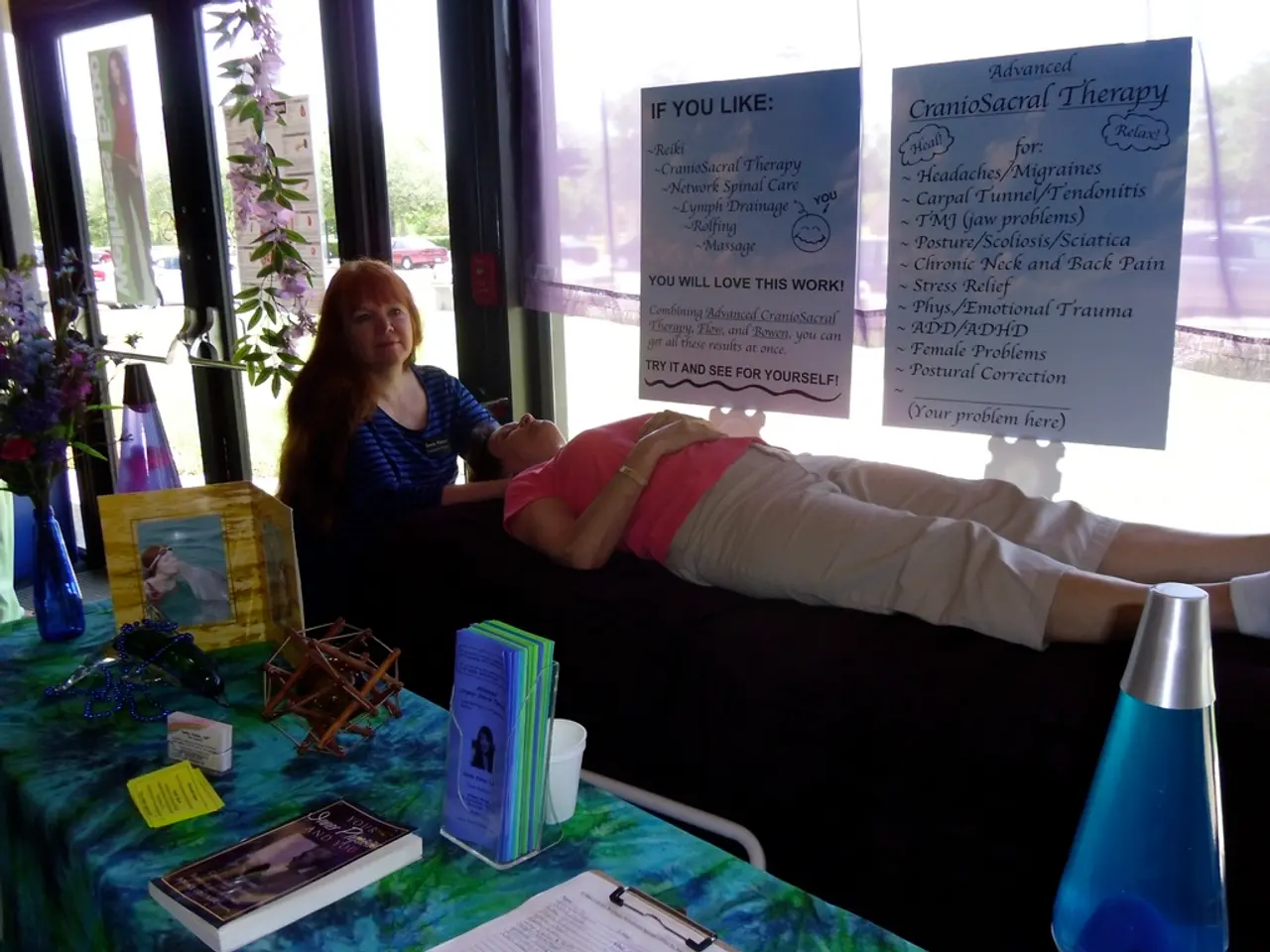Revolutionary Brain Pacemaker Prepared to Reshape Mental Disorders Management
Deep brain stimulation (DBS), a neurosurgical procedure used to treat treatment-resistant depression (TRD) and other mental illnesses, is being followed in a programme in Toronto as they treat 58 patients.
DBS works by implanting electrodes deep into the brain through burr holes drilled in the skull. These electrodes stimulate targeted areas involved in emotional and cognitive processing, such as the subgenual anterior cingulate cortex, amygdala, and dorsolateral prefrontal cortex. The stimulation modulates abnormal brain activity patterns seen in depression and can improve connectivity between regions implicated in mood regulation and motivation.
The potential benefits of DBS are significant. It can provide symptom relief in patients who have failed conventional therapies like medication, psychotherapy, or less invasive brain stimulation methods. Studies report that approximately 55% of TRD patients achieve a clinical response post-DBS, with some documented cases showing dramatic improvements in quality of life where other treatments were ineffective.
However, DBS is not without risks. As an invasive procedure, it carries risks such as infection, brain hemorrhage, and damage to brain tissue during electrode implantation. Electrodes can malfunction or shift position, requiring additional surgery. Despite promising results, sham-controlled trials have sometimes failed to show significant improvement compared to non-stimulated controls, indicating variability in efficacy.
Ethical considerations also arise due to the irreversibility of electrode implantation and potential impact on personality, autonomy, and identity. DBS is a "last resort" treatment, raising questions about desperation in patients and the hope placed on experimental therapies. Ongoing research and transparent reporting of outcomes are essential for ethical deployment.
Advances in understanding brain networks will continue to refine DBS targeting and improve outcomes. Research is underway to understand if DBS could be tailored to help people with substance use disorders. New research suggests that many psychiatric disorders share overlapping neural pathways, meaning a treatment like DBS, which targets these shared circuits, might work across diagnostic boundaries.
DBS has been used to treat movement disorders like Parkinson's disease since the 1980s, but over the last two decades, it has been increasingly repurposed to tackle psychiatric conditions. Researchers are investigating DBS for conditions like OCD, PTSD, Tourette's syndrome, chronic pain, and stroke recovery.
In Toronto, the DBS surgery involves creating two small burr holes in the skull. Patients are often awake during the procedure for real-time brain activity monitoring. The electrodes are guided to the targeted brain region using MRI imaging and electrical recordings.
The shift from diagnosing diseases to mapping dysfunction in brain networks is quietly revolutionizing psychiatry. While DBS is expensive and not yet widely covered by insurance, its potential benefits for those suffering from treatment-resistant depression make it a promising area of research and treatment.
Technology plays a significant role in the advancement of deep brain stimulation (DBS) procedures, as MRI imaging and electrical recordings are utilized to guide electrode placement during the surgery.
Science continues to progress in the realm of health-and-wellness and mental-health, with researchers investigating new applications for DBS, including potential treatments for substance use disorders.
Nutrition, mental-health, and the use of therapies-and-treatments like DBS intersect in the quest for improved health outcomes, with DBS offering a promising alternative for those who have not responded to conventional treatments.
The rise of CBD products might offer complementary benefits to mental-health treatments, as some studies suggest CBD may have potential in reducing symptoms of anxiety and depression, working synergistically with innovative technologies like DBS.




